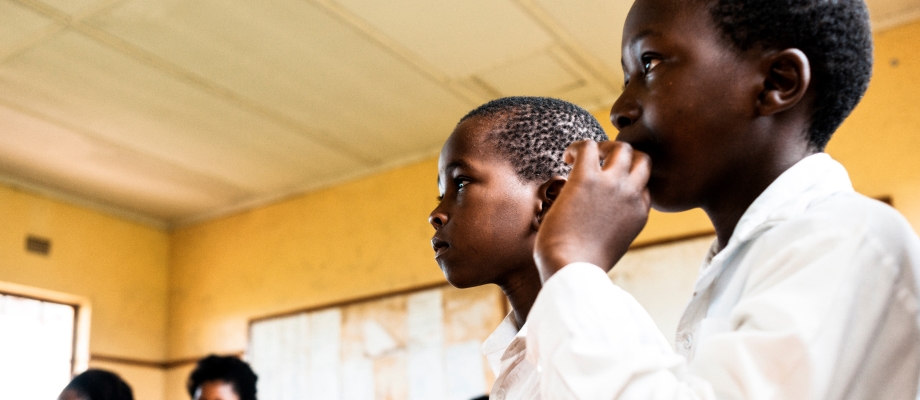The effects of coloniality on ‘our’ collective psyche: how the postcolonial Nigerian education system struggles to deal with an alternative knowledge system

A Centre for International Education Research seminar.
Presented by Dr Hadiza Abdulrahman.
Nigeria is a former British colony which gained independence in 1960. Almost sixty years later, its education system still places huge value on Western performative ideals to the disadvantage of existing alternative knowledge systems which have struggled to find a place. This talk will explore the politics of mainstream representations of Almajiranci,a classical system of Qur’anic schooling that is hundreds of years old and which sees young boys sent away from home to study the Qur’an. In a society where ‘Western Education’ is regarded as the epitome of modernity, these discourses vilify and stigmatise its practitioners.
Dr. Abdulrahman will share findings from a study which, using postcolonial discourse analysis, uncovered how the creation, mediation and circulation of discourses about Almajiranci affects not only the representation of the system by the ‘Western-educated’ Nigerian elite, but ‘our’ collective psyche as a people as well. By understanding the complex interplay between power and privileged knowledge, she argues that we can not only uncover the lasting legacies of colonialism but extend possibilities for reconceptualising the postcolonial Nigerian educational and social landscape in a way that challenges ‘othering’ and promotes epistemic justice.
This event takes place from 12pm-2pm, Friday 28 September 2018.
Dearing Building, Jubilee Campus (room to be confirmed).
Leave a Reply
Upcoming Events

